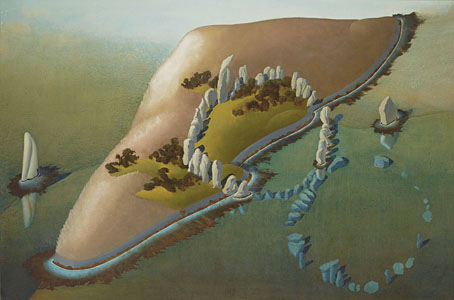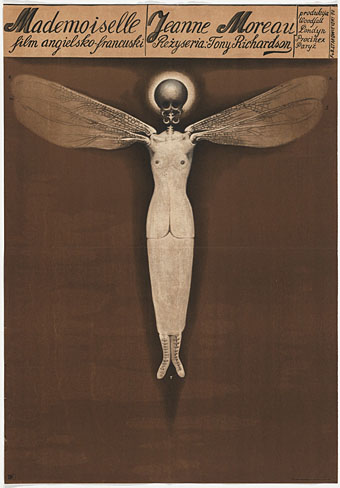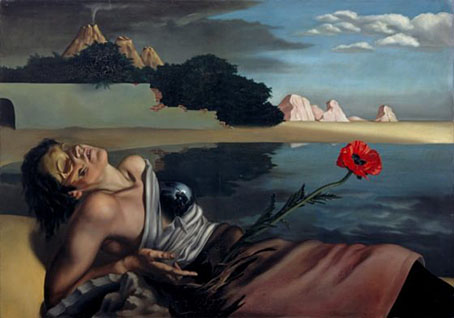
La Cathédrale Engloutie (1952) by Ithell Colquhoun.
• Many of the recent lists of “where to start with the music of [x]” aren’t filling an urgent requirement, but in the case of Sun Ra—whose discography runs to 95 albums—any guide is a useful one: Sean Kitching chooses 10 recordings from the Ra galaxy. I’m not unacquainted with Sun Ra’s music but there’s so much of it that almost all these suggestions are news. Related: Namwali Serpell on the life and work of a cosmic visionary.
• Coming soon from Strange Attractor, Ithell Colquhoun: Genius of The Fern Loved Gulley by Amy Hale, the first book-length study of the life and work of the British Surrealist and occult artist.
• I doubt I’ll get to see it but I’m pleased to know that the prematurely shuttered Aubrey Beardsley exhibition is returning to Tate Britain. You’ll need a Decadent face-mask.
• And speaking of music lists, Alexis Petridis compiles a ranking of all the songs by a little-known post-punk band from Manchester.
• The Last Arcadian (Process Mix): more psychotropic nougat from Moon Wiring Club.
• Kill Me Again… Ken Hollings on Ennio Morricone and the music of the future.
• Mervyn Peake‘s visual archive has been acquired by the British Library.
• Anitra Pavlico on the fantastic world (and music) of Maurice Ravel.
• Stanley Stellar‘s photos of the New York gay scene in the 1980s.
• At Dennis Cooper’s: Fetish.
• RIP Judy Dyble.
• Chelsea Morning (1968) by Fairport Convention | I Talk To The Wind (1968) by Giles, Giles & Fripp feat. Judy Dyble | Morning Way (1970) by Trader Horne




